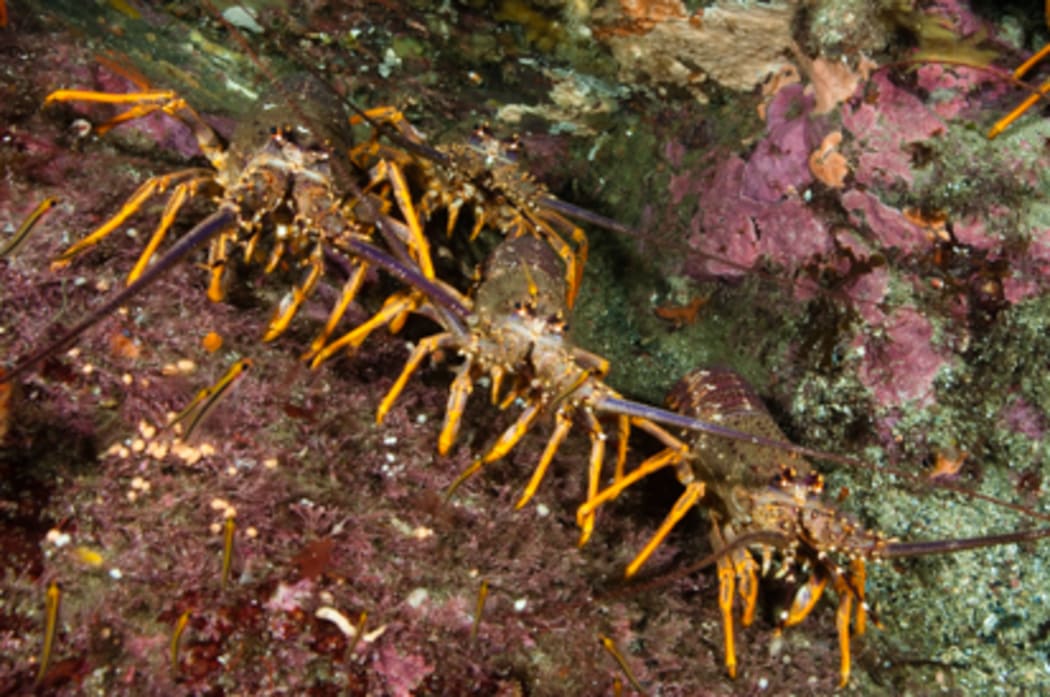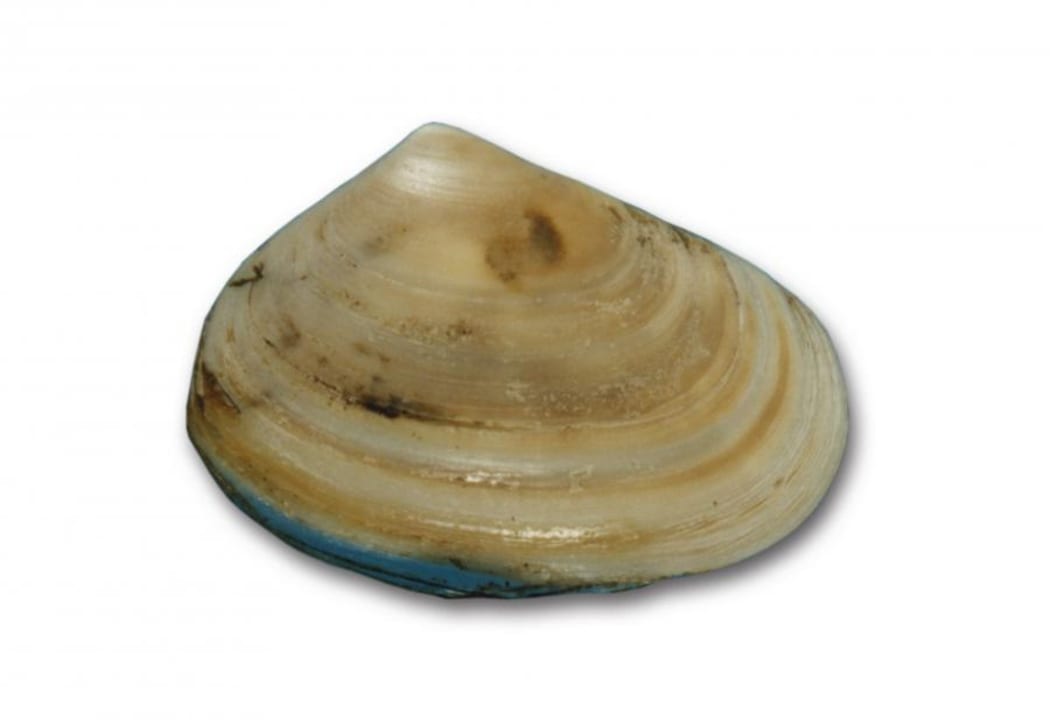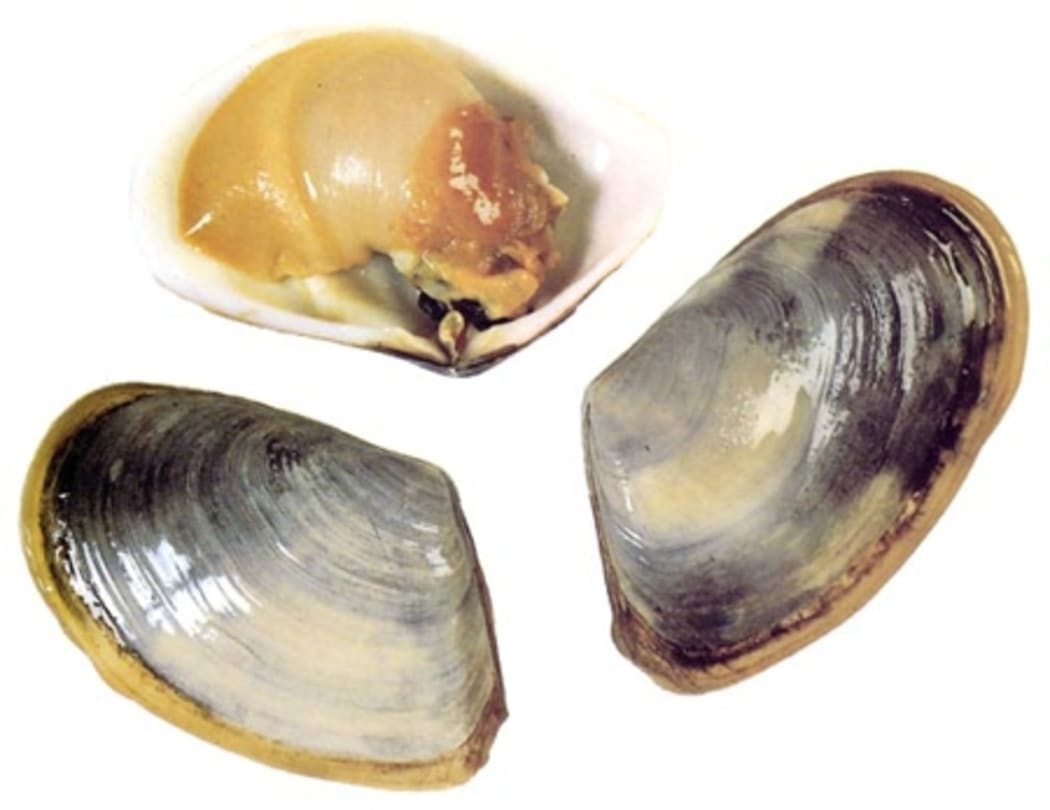The Ministry for Primary Industries is cracking down on people using Facebook to sell seafood on the black market.

Photo: Malcolm Francis/Coastal Fishes of NZ
Fisheries staff in Northland have discovered six cases in the last fortnight of people offering crayfish for sale on Facebook pages.
Ministry Northland manager Steve Rudsdale said it was illegal to buy, sell or swap any recreational catch, and those who do so are risking prosecution and fines of up to $250,000.
He said they may also end up forfeiting their boats or dive gear.
"People who buy black market seafood also expose themselves to potential health risks," he said.
"There's no assurance that the product's been processed or stored hygienically."
MPI's warning follows a swoop in South Auckland in March, when inspectors searched five properties linked to seafood ads on Facebook.
Mr Rudsdale said the Ministry was speaking to those involved in the Northland cases.
He said it was good to see that people who posted in response to the Facebook ads warned the sellers they were acting illegally.
"If you happen to see anything of this nature on social media sites, take a screen shot and please contact the MPI hotline. (0800 FOR POACHER or 0800 476 2243)"
Meanwhile the Ministry is warning shellfish gatherers on Northland's west coast to make sure they are not taking toheroa by mistake.

Tuatua, found around the country, are protected with legal limits on their capture, depending on their location. Photo: Supplied/NIWA
It said tuatua have been plentiful on Ripiro Beach recently, which look not unlike toheroa. Toheroa cannot legally taken without a customary permit.
Toheroa are generally larger than tuatua and have a rougher shell, tinged with grey or blue growth rings.
Toheroa were almost wiped out forty years ago by overharvesting, but local people who have worked to re-establish the beds said the prized shellfish had been returning in the last few years.

Toheroa are endemic to New Zealand. Overfishing in the 1950s and 1960s has led to a total and ongoing ban on harvesting. Photo: Supplied/Govt
However, the toheroa beds took a hammering last summer from flocks of South Island oyster catchers, which learned how to prise open the shells by attacking the toheroa's feeding tube.
The penalty for taking toheroa without a permit starts at $500.

